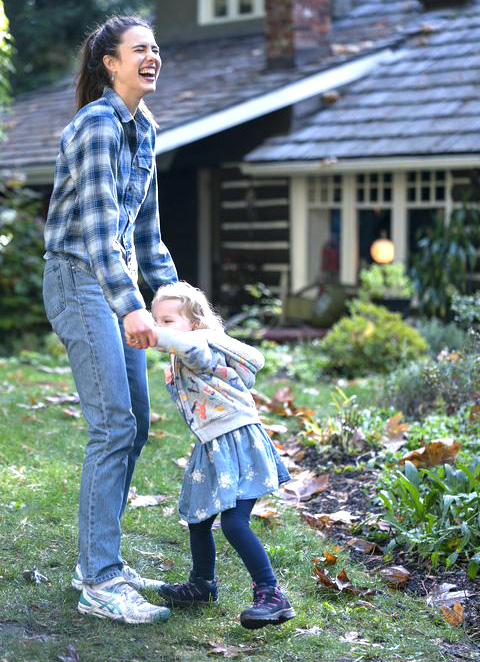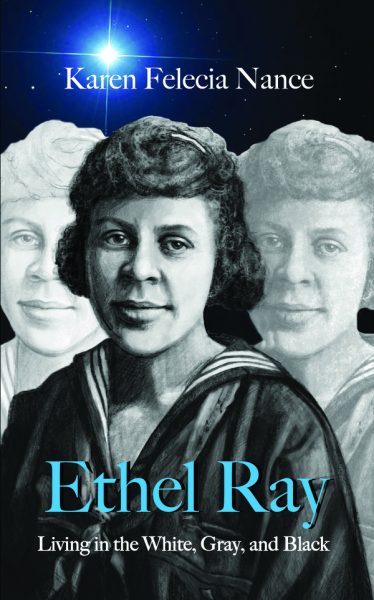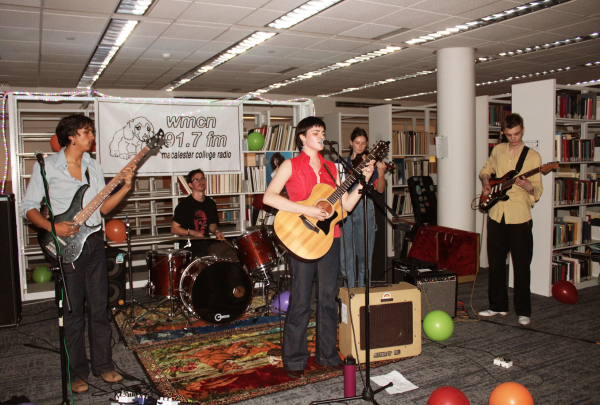Netflix’s limited series “Maid” explores motherhood, poverty in the U.S. and domestic violence
March 10, 2022
With streaming services like Netflix now being much more common, the amount of limited series television shows have increased significantly. A limited series is a show that usually has a story arc that resolves within one season, possibly two. This new style of film finds a middle ground between movies and TV shows, allowing not only a more prolonged storyline than a movie but also for more detail and plot than a TV show. Every episode is meant to feel purposeful to the storyline and give attention to details of the story that feel important to include. One limited series that has recently grabbed the attention of many is “Maid.”
The limited series “Maid” is based off of a memoir by the name “Maid: Hard Work, Low Pay, and a Mother’s Will to Survive” by Stephanie Land. The book itself was put on “Obama’s 2019 Summer Reading List” and described on Amazon’s reviews as “a single mother’s personal, unflinching look at America’s class divide, a description of the tightrope many families walk just to get by, and a reminder of the dignity of all work.” The show follows a very similar storyline. It’s about a young mother escaping an abusive relationship and follows her struggle to find stability while living below the poverty line over the span of a year. It comments on abuse, class, love, mental health and motherhood.
It’s a very eye opening story, but it’s also produced in a way that puts you in the shoes of the main character, Alex, and helps you view the situation in all its complexity rather than view it as a simple fix. There are many clever ways the producers force the audience into Alex’s perspective. One way they accomplished this is by having the amount of money Alex has at the time pop up on the side of the screen, showing how every little purchase can add up when you’re living paycheck by paycheck.
They also use a variety of surrealism techniques to help viewers empathize with how Alex is feeling. For example, a character would be stuck in a literal hole when things felt hopeless and uncontrollable, or there would be a dance sequence when the character is feeling celebratory. These techniques translate well, especially considering it is a book adaptation. The series still feels story-like, with each episode a chapter of the character’s life. “Maid” is a perfect example of how film can use dramatized versions of real life to force audiences to understand a story more holistically.
The relationships in this series are painfully beautiful. From Alex’s unrelenting love for her daughter to life changing relationships formed with strangers, there are the moments that will make you cry (if you get emotional watching films like me). The show portrays an example of domestic abuse in all its complexity, which can be triggering for some viewers. In all examples, it recognizes the difficulty of leaving an abusive partner.
This story has a strong focus on motherhood, both through Alex’s strength when it comes to her own child, and also in Alex’s relationship with her own mother. Andie MacDowell does an amazing job of playing Alex’s bipolar mother, whom Alex ended up having to parent almost as much as she did her own child. It shows their mother daughter relationship and its challenges, full of both ugliness and moments of joy. It is a relationship that keeps viewers invested, anxiously hoping for a happy ending.
The acting is another aspect of this limited series that stood out. It consists of a well known and highly talented cast, including big names like previously mentioned Andie MacDowell, Margaret Qualley (MacDowell’s daughter in real life) and Nick Robinson. With such an emotionally activating story, the show requires actors who are able to touch on a wide range of emotions to best illustrate the intensity of the situation. The actors do exactly that, depicting humanity at both its lowest and its highest.
Qualley has been gaining a lot of attention from her performance in “Maid,” and deservingly so. She perfectly demonstrates the desperation and perseverance of a mother trying to do everything she can for those she loves, and herself. Qualley’s powerful performance won her a Screen Actors Guild (SAG) Award nomination for “outstanding performance by a female actor in a miniseries or television movie.”
If you’re feeling up to binge watching a series where you will get highly invested in characters’ lives and relationships, I recommend you check out “Maid” on Netflix. It’s an emotional roller coaster, but well worth the mental breakdowns.


















